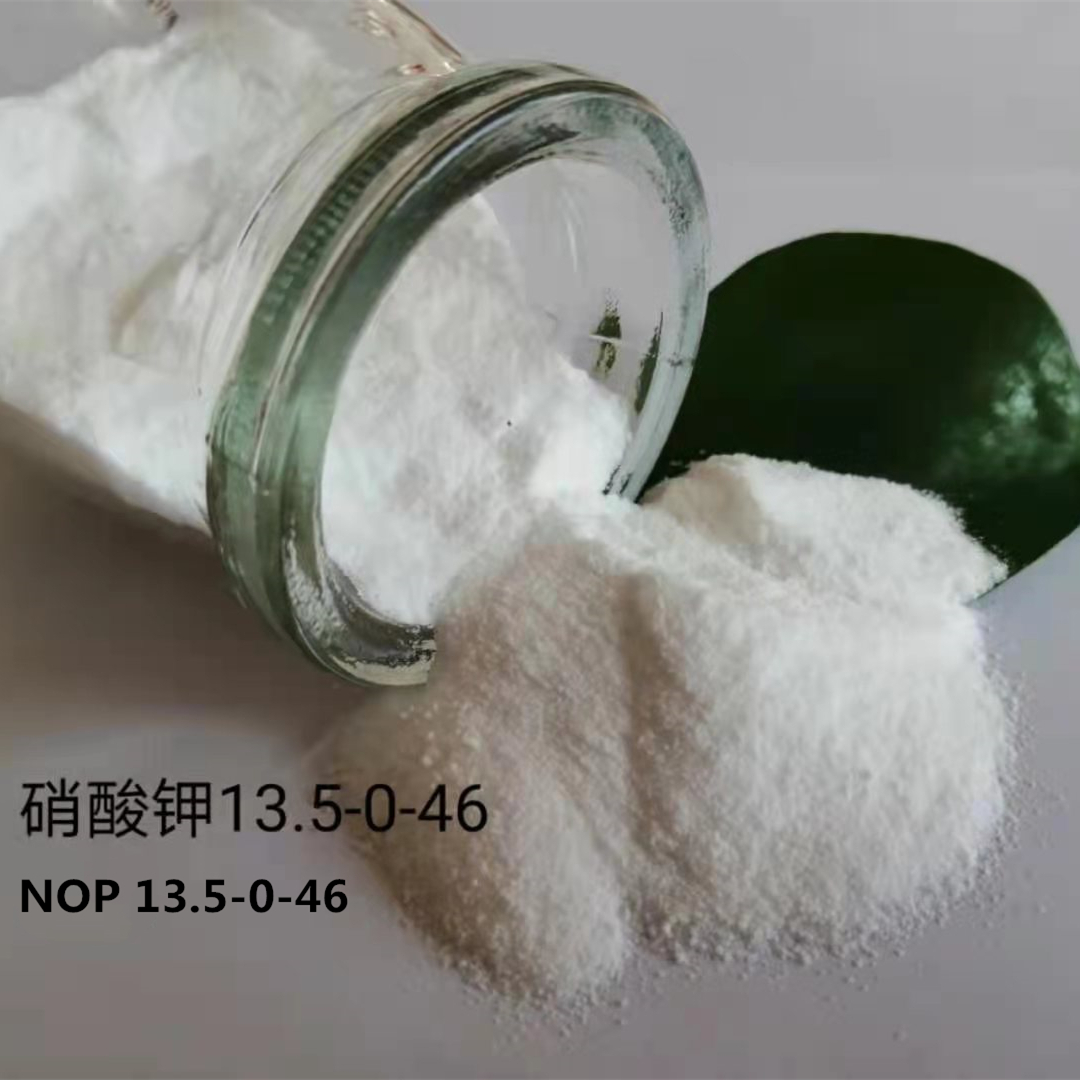
Jul . 21, 2024 01:23 Back to list
Optimal Fertilizer Options for Enhanced Crop Growth and Sustainable Agriculture Practices in 2023
Understanding the Best Fertilizers for Optimizing Plant Growth
Fertilizers play a crucial role in the agriculture industry, influencing the health and yield of crops. With a myriad of options available, determining the best fertilizer can be challenging for both commercial farmers and home gardeners alike. The ideal fertilizer will not only enhance growth but also provide balanced nutrition for plants.
Types of Fertilizers
Fertilizers can primarily be classified into two categories organic and inorganic. Organic fertilizers, such as compost, manure, and bone meal, are derived from natural sources. They improve soil structure, enhance microbial activity, and release nutrients slowly over time, making them a sustainable choice for long-term soil health. In contrast, inorganic fertilizers are chemically manufactured and provide quick nutrient availability. They may be more effective for immediate results but can lead to nutrient runoff and soil degradation if misused.
NPK Ratio
One of the primary factors to consider when choosing a fertilizer is its NPK ratio, which denotes the percentage of Nitrogen (N), Phosphorus (P), and Potassium (K) it contains. Each of these macronutrients serves a distinct purpose in plant growth. Nitrogen is essential for vegetative growth, promoting leafy foliage. Phosphorus supports root development, flowering, and fruiting, while potassium is crucial for overall plant health, improving disease resistance and water regulation. When selecting a fertilizer, understanding a plant’s specific needs will guide the choice of an appropriate NPK ratio.
Best Fertilizers for Specific Plants
For leafy greens and vegetables, a nitrogen-rich fertilizer is beneficial. Products with a higher first number in the NPK ratio (e.g., 10-5-5) can promote lush foliage and vigorous growth. Conversely, fruiting plants such as tomatoes and peppers benefit from fertilizers higher in phosphorus (e.g., 5-10-5) to encourage blossoms and fruiting.
best 16-8-8 fertilizer

For flowering plants and ornamentals, a balanced fertilizer with equal NPK values (e.g., 10-10-10) can be effective, as it supplies all necessary nutrients for robust growth and blooming. Additionally, slow-release fertilizers are often recommended to provide a steady supply of nutrients without the risk of over-fertilization.
Application Methods
The method of application also influences fertilizer effectiveness. Fertilizers can be applied in various forms, including granules, pellets, or liquid solutions. Granular fertilizers are typically spread on the soil surface or incorporated into the soil before planting. Liquid fertilizers can be applied as a foliar spray or soil drench, allowing for rapid absorption by plants.
It’s also crucial to consider the timing of fertilizer application. For instance, applying fertilizers at the beginning of the growing season prepares plants for the active growth period, while a mid-season application can support continued development, particularly for nutrient-demanding crops.
Environmental Considerations
Sustainability is an increasingly important factor when selecting fertilizers. Overuse of chemical fertilizers can lead to soil degradation, water pollution, and loss of biodiversity. Organic fertilizers, composting, and methods such as crop rotation and cover cropping contribute to maintaining soil health while minimizing environmental impact.
Conclusion
Choosing the best fertilizer involves understanding plant needs, selecting the appropriate NPK ratio, and considering application methods and timing. Both organic and inorganic options have their unique advantages and can be used strategically to optimize growth and yield. As we move towards more sustainable agricultural practices, informed decisions on fertilizer use will play a vital role in protecting our environment while ensuring food security. Whether you are a commercial farmer or a passionate home gardener, the right fertilizer can make a substantial difference in the success of your plants.
-
10 10 10 Fertilizer Organic—Balanced NPK for All Plants
NewsJul.30,2025
-
Premium 10 10 10 Fertilizer Organic for Balanced Plant Growth
NewsJul.29,2025
-
Premium 10 10 10 Fertilizer Organic for Balanced Plant Growth
NewsJul.29,2025
-
Premium 10 10 10 Fertilizer Organic for Balanced Plant Growth
NewsJul.29,2025
-
50 Pound Bags of 13-13-13 Fertilizer for All Plants – Bulk & Organic Options
NewsJul.28,2025
-
High-Efficiency 15-30-15 Granular Fertilizer for Healthy Crops
NewsJul.28,2025
